6 first kids who didn't see eye to eye with their presidential dads
Ronald Reagan's son Ron Jr. describes himself as a "lifelong atheist."
Barbara Pierce Bush, George W. Bush's daughter, tried to convince him to support same-sex marriage.
Ivanka Trump has occasionally disagreed publicly with her father's views.
Even in the most prestigious political families, not everyone can agree on politics.
First family members can be valuable assets on the campaign trail and in the White House, making appearances at fundraisers and speaking on behalf of the president. However, presidents have occasionally faced criticism from their own children who disagreed with their policies.
Here are six first family members who didn't see eye to eye with their presidential parents.
President Theodore Roosevelt's daughter Alice Roosevelt made headlines with her rebellious behavior in the early 1900s.
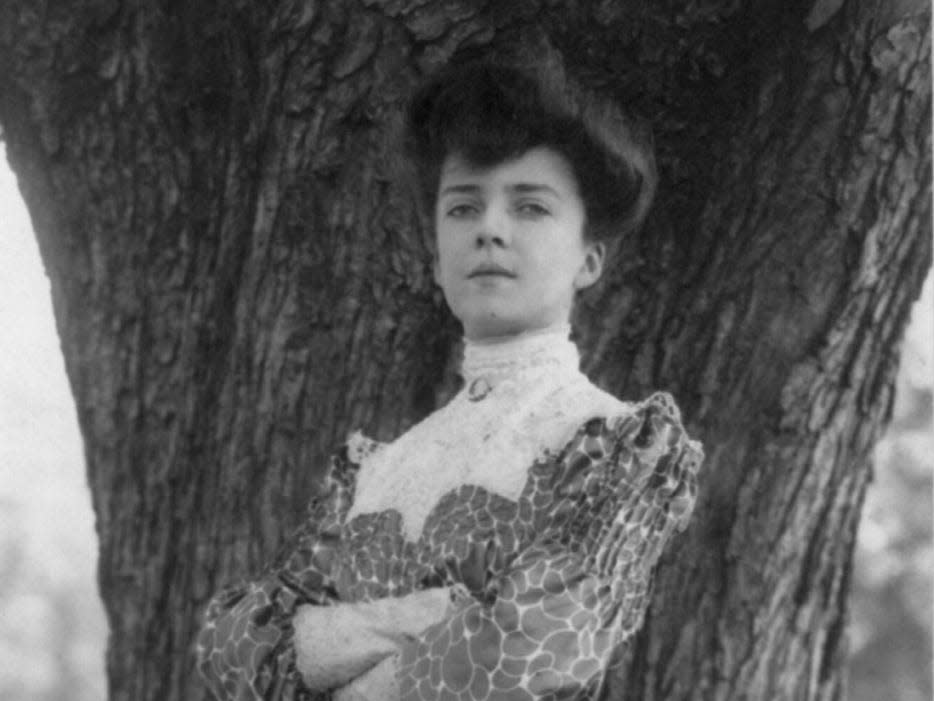
In "Roosevelt: The Story of a Friendship," writer Owen Wister recalled that President Theodore Roosevelt once said of his spirited daughter: "I can be president of the United States, or I can attend to Alice."
Nicknamed "Princess Alice" by the media, she became a celebrity known for antics such as carrying around a pet snake named Emily Spinach in her purse and sneaking whiskey into parties, according to Smithsonian magazine.
When Roosevelt told Alice she was not allowed to smoke under his roof, she climbed to the White House roof to puff her cigarettes on top of it instead, according to the White House Historical Association.
Roosevelt eventually realized he could make Alice's fame work for him by enlisting her as a hostess at White House events and sending her on international trips where she was received with great enthusiasm, as the White House Historical Association notes.
Amy Carter, daughter of President Jimmy Carter, was arrested at several protests in the 1980s.
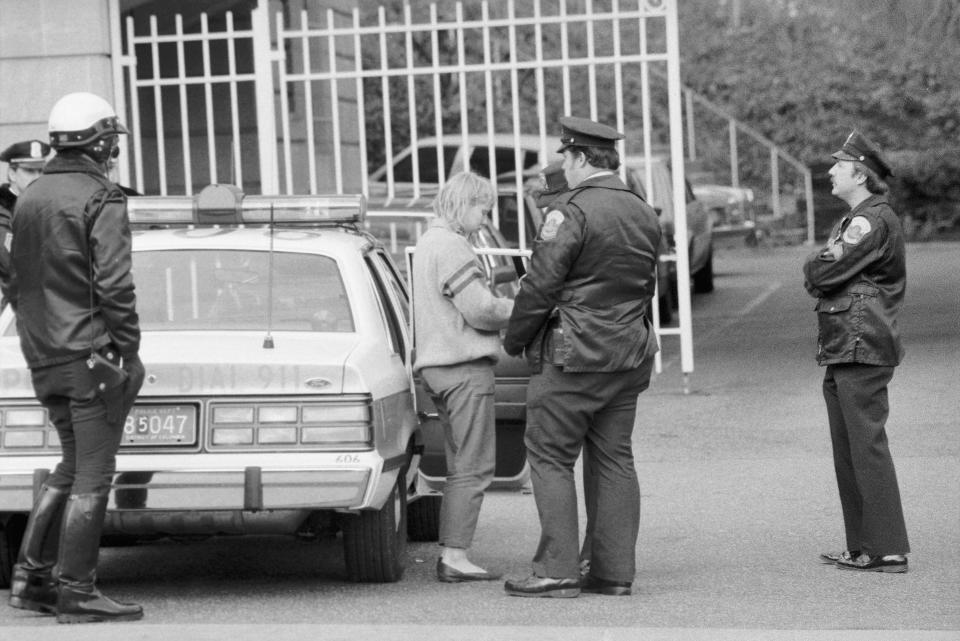
Amy was just 9 years old when her father became president in 1977. After his presidency ended, she became a political activist in her teenage years, which Carter expressed support for.
Amy was arrested in 1985 while protesting apartheid outside the South African Embassy in Washington, DC. She told the Chicago Tribune that she had permission from her father to get arrested at the event. Jimmy Carter told CBS Morning News at the time that while he did not plan to join the protests himself, he was proud of his daughter for doing so, the Los Angeles Times reported.
She was arrested again in 1986 at sit-ins protesting South African apartheid and a CIA campus recruiting event at Brown University. She told the Associated Press that her father "probably wouldn't mind" since he always encouraged her "to speak up for what I believe is right."
The New York Times reported in 1987 that Amy was dismissed from Brown due to her political activism impacting her coursework. She later graduated with a bachelor's degree from Memphis College of Art and earned her master's in art history from Tulane University.
Ron Reagan Jr. diverged from his father's religious views.
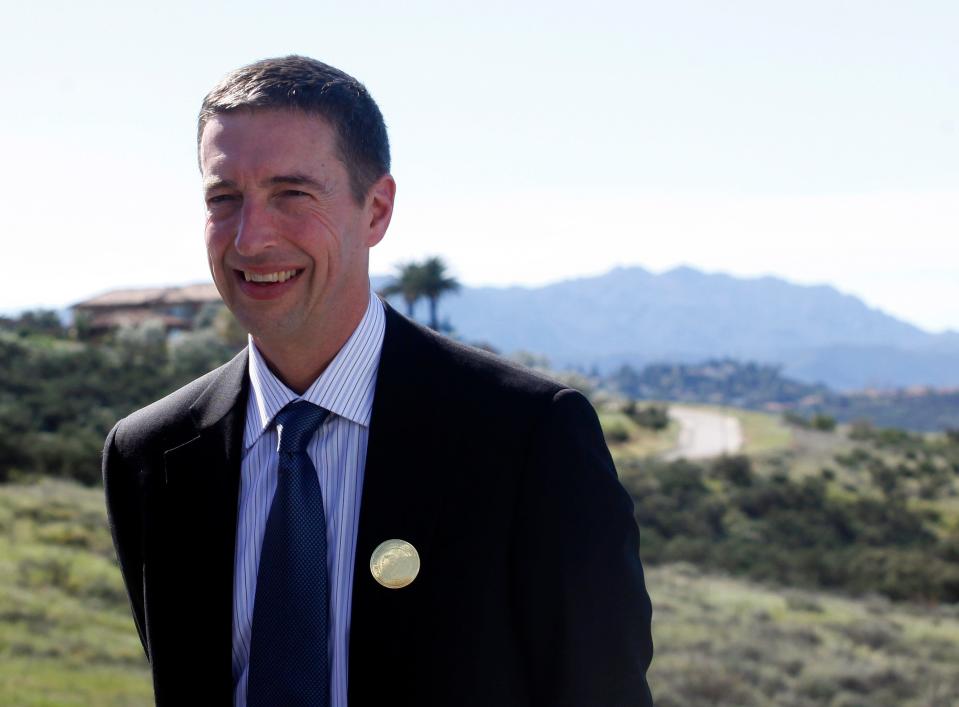
In a 2020 interview with the Los Angeles Times, Ron recalled telling his father he didn't want to go to church anymore at 12 years old.
"I said I didn't want to be hypocritical, disrespectful and fake it. It was a waste of a perfectly good Sunday morning," he said. "My father was smart enough to know he couldn't strong-arm me."
In a departure from President Ronald Reagan's conservative religious views, his son Ron became a liberal radio talk-show host and political commentator for MSNBC. He also appeared in a TV advertisement for the Freedom From Religion Foundation in which he described himself as a "lifelong atheist" who was "not afraid of burning in hell."
President Ronald Reagan's daughter Patti Davis wrote a scathing tell-all book, which she later regretted.
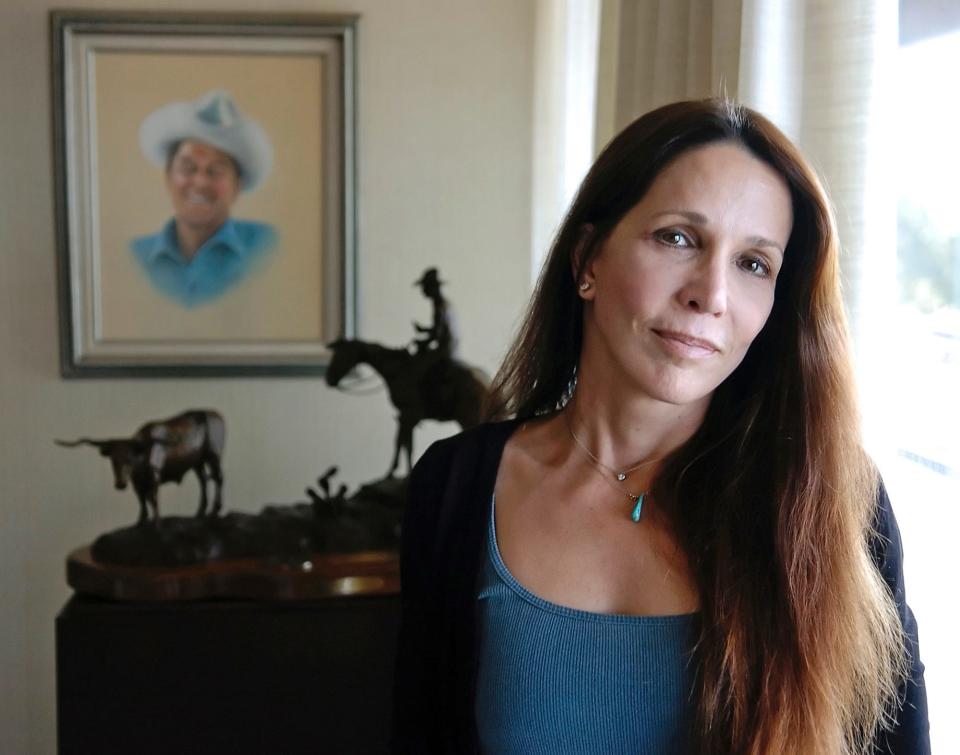
During Reagan's presidency, Davis participated in demonstrations against nuclear weapons and advocated for a nuclear weapons freeze, which her father opposed, The Washington Post reported.
In 1992, Davis published a memoir titled "The Way I See It" in which she chronicled her troubled family life and difficult relationship with her parents.
In January 2023, Davis wrote in an opinion column for The New York Times that she wished she had never written the memoir and how time has taught her that "not everything needs to be shared."
"Naïvely, I thought if I put my own feelings and my own truth out there for the world to read, my family might also come to understand me better," she wrote. "Of course, people generally don't respond well to being embarrassed and exposed in public. And in the ensuing years, I've learned something about truth: It's way more complicated than it seems when we're young."
Unlike her father, President George W. Bush, Barbara Pierce Bush supported same-sex marriage and Hillary Clinton's 2016 campaign.
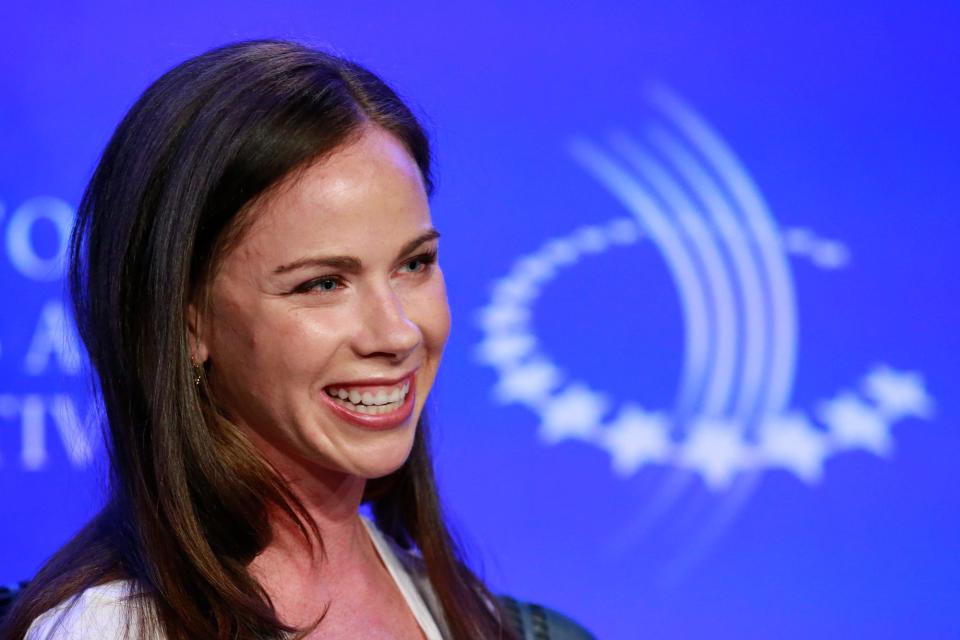
In her memoir with twin sister Jenna Bush called "Sisters First," Barbara recalled a conversation with her father in which she tried to convince him to support marriage equality. While he was generally "accepting and tolerant," she wrote, he was "not comfortable with the idea of gay marriage and its implications."
"My dad may not have changed his mind that evening, but neither did he try to change mine," she wrote.
In 2011, Barbara appeared in a video for the Human Rights Campaign's New Yorkers for Marriage Equality project calling on New York to legalize same-sex marriage.
In 2016, she was spotted at a fundraising event for Hillary Clinton's presidential campaign, CNN reported.
Ivanka Trump remained largely in step with President Donald Trump as a White House advisor, but occasionally expressed disagreement with his views.
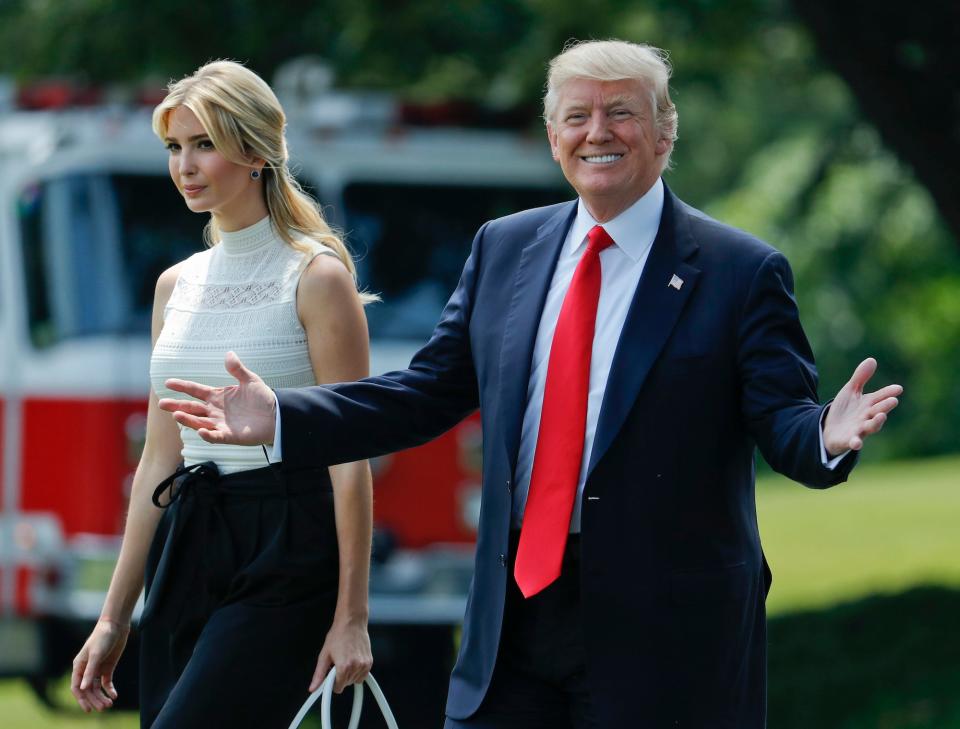
Ivanka told CBS News in 2017 that when she disagrees with her father, "he knows it, and I express myself with total candor," and urged her critics "not to conflate lack of public denouncement with silence."
In a 2018 interview with Axios, Ivanka said she did not share her father's view that the media is the "enemy of the people."
"I've certainly received my fair share of reporting on me personally that I know not to be fully accurate, so I have some sensitivity around why people have concerns and gripe, especially when they're sort of targeted," she said. "But no, I do not feel that the media is the enemy of the people."
Trump later clarified that he considers a "large percentage" of the media to be "fake news" and the "enemy of the people," not all media.
After Trump repeatedly claimed without evidence that the 2020 election was "stolen," Ivanka told investigators with the House Select Committee on January 6 that she "accepted" that no substantial fraud had been discovered that could overturn the results.
When Trump entered the 2024 presidential race, Ivanka announced that she would not be involved in the campaign and would support her father "outside the political arena."
Read the original article on Business Insider


